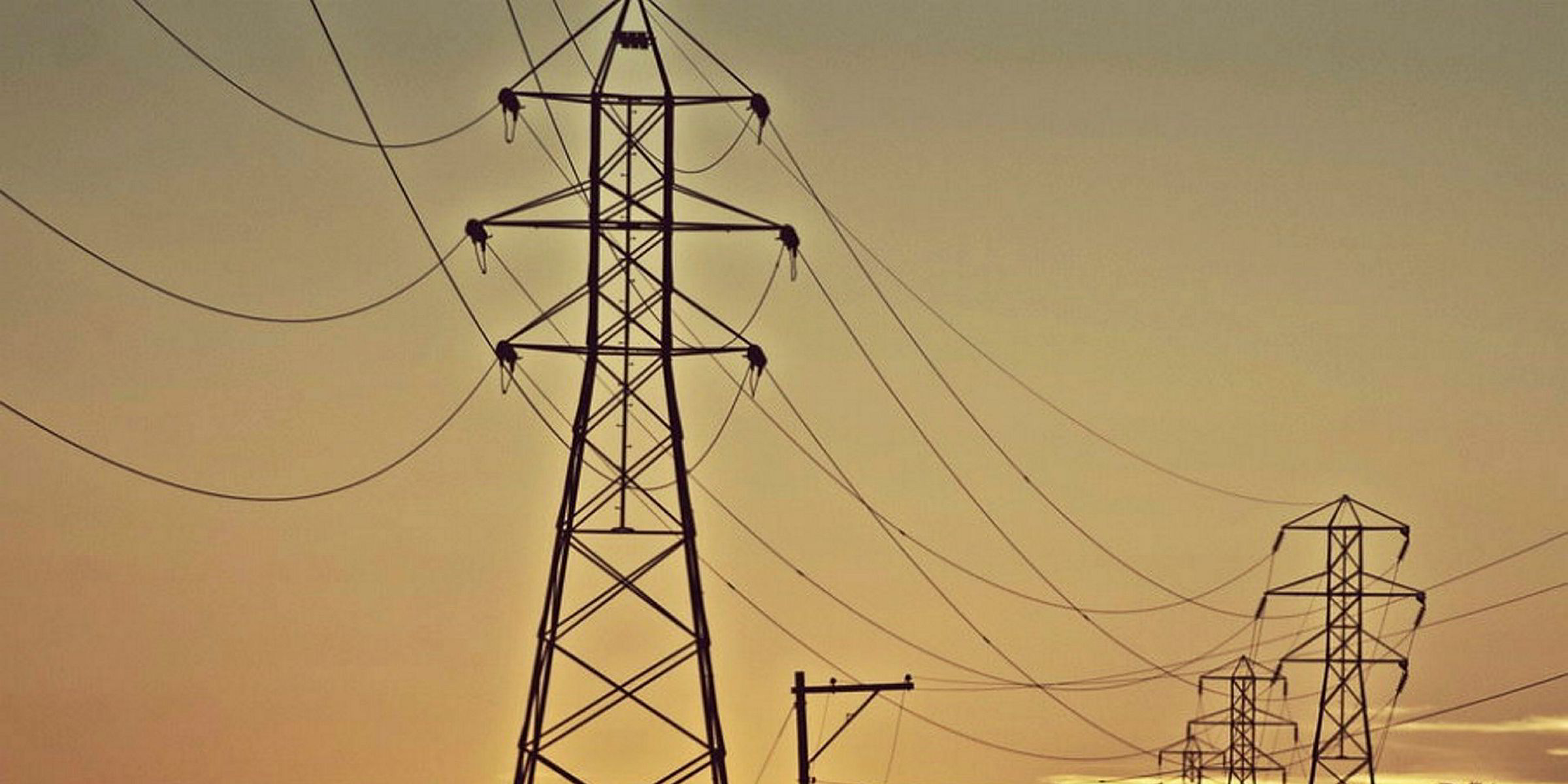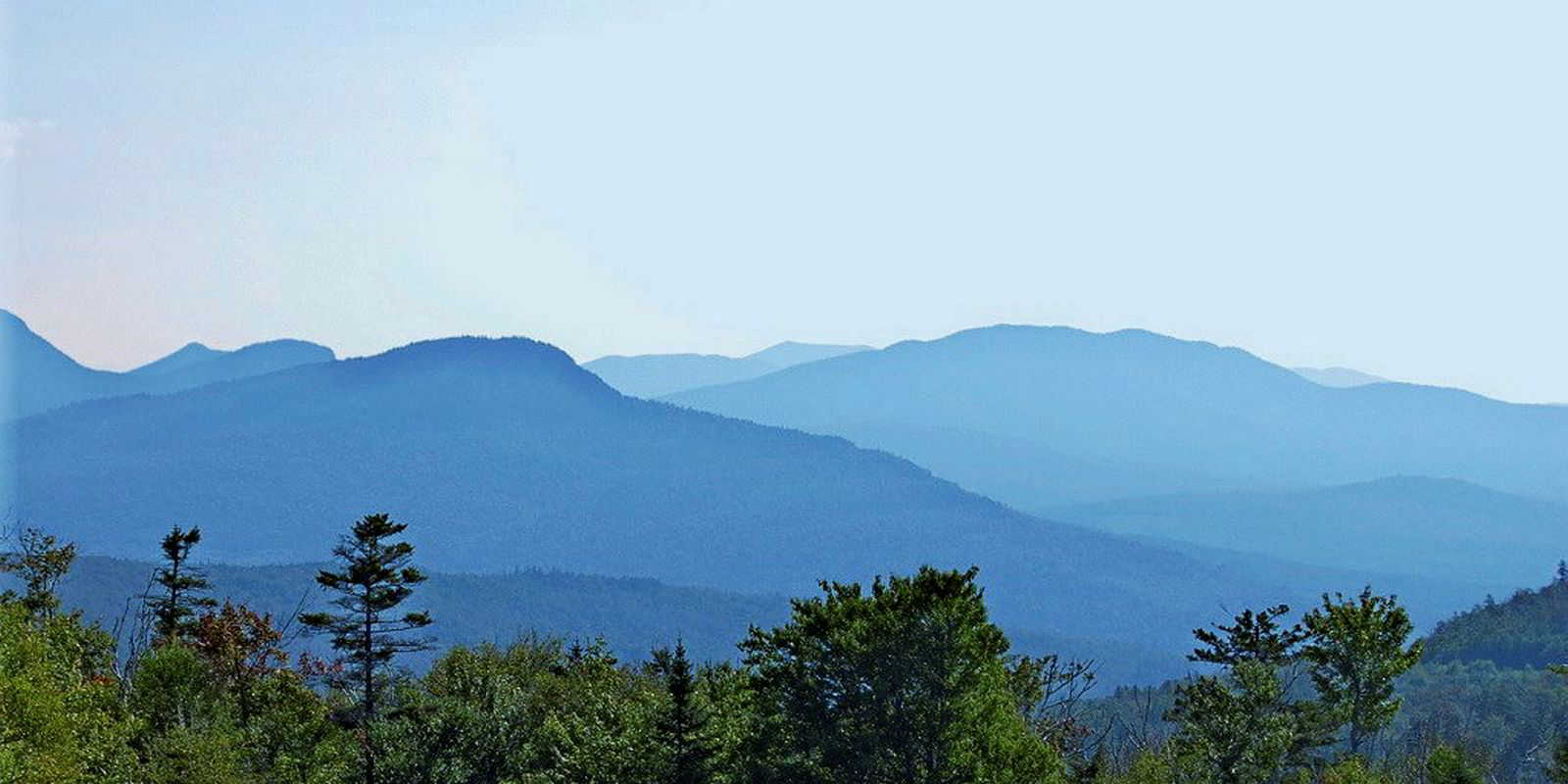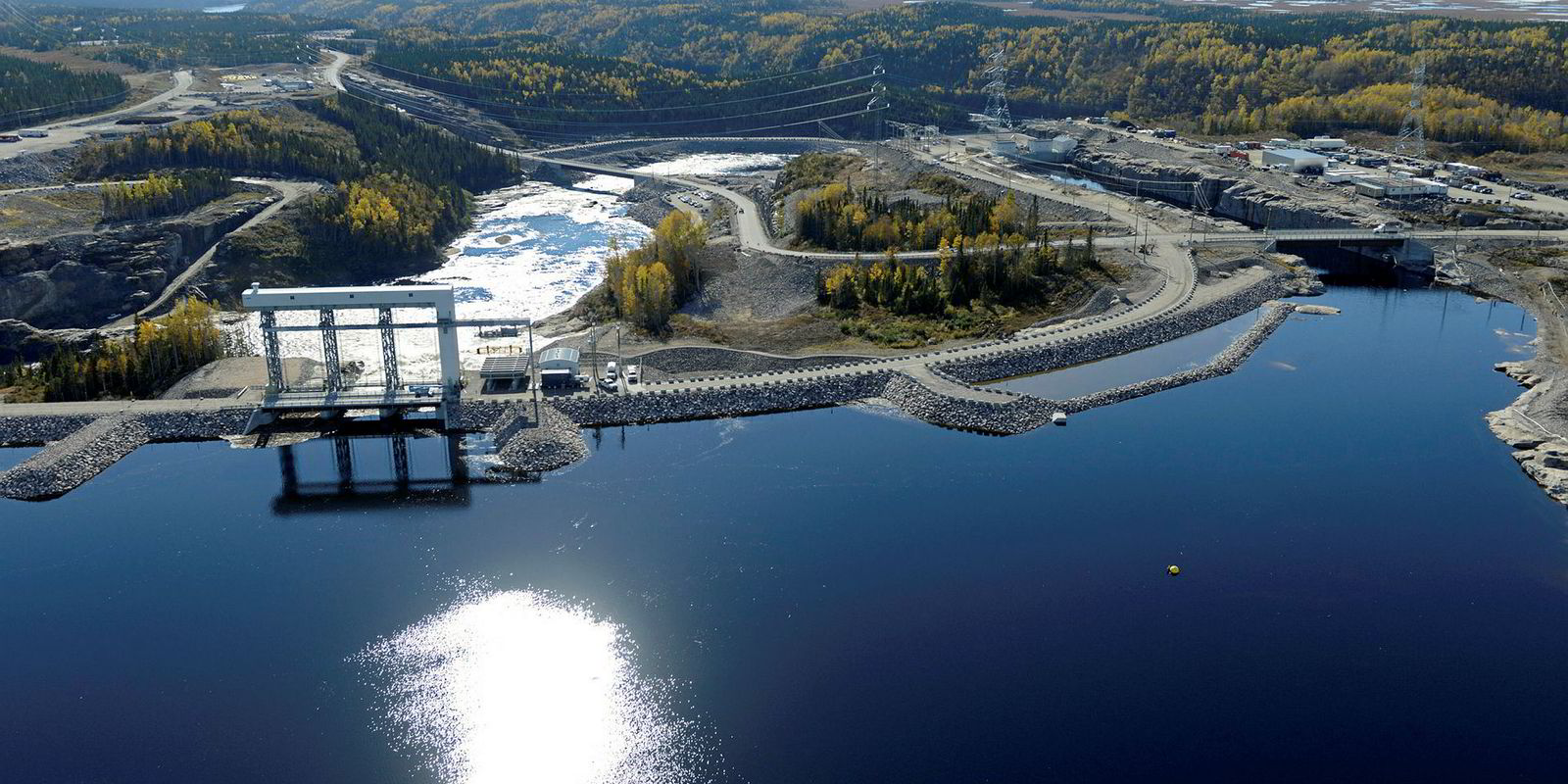Avangrid is confident that its 1.2GW New England Clean Energy Connect (NECEC) transmission project will walk away the belated victor in Massachusetts’ 83D clean-energy tender, having been confirmed as the back-up winner after Eversource’s Northern Pass ran afoul of siting officials.
“We think [NECEC] will be happening,” Avangrid chief executive James Torgerson said Tuesday on a conference call with analysts.
Eversource, the investor-owned New England utility, was late last month named the winner in Massachusetts’ fiercely contested 83D tender, which was launched to bring 9.45TWh of renewable power into Massachusetts from the early 2020s.
The 83D tender was seen as one of the biggest near-term opportunities for renewables in the US northeast, drawing more than 40 bids from a range of projects encompassing on- and offshore wind, Canadian hydro, and solar – and backed by many of North America’s preeminent renewables developers.
In the end, Massachusetts opted for cheap Canadian hydro power flowed along the proposed Northern Pass line.
But Eversource and its Canadian partner Hydro-Québec were stunned just days later when siting officials in New Hampshire, the state in which the lines would be built, unanimously rejected Northern Pass, saying Eversource had not sufficiently demonstrated the project would contribute to the “orderly development” of the region.
Although Eversource has maintained optimism about getting the ruling reversed, the rejection sowed confusion about what would happen with Massachusetts' high-profile RFP, given the huge investments involved and the tight timeline for getting any winning transmission lines and associated renewables projects built.
At the end of last week Massachusetts officials addressed the situation, acknowledging that New Hampshire’s decision “has the potential to significantly impact or render infeasible” the proposed timeline for Northern Pass. Massachusetts gave Eversource until 27 March to get the siting decision on Northern Pass reversed.
In the meantime, the state entered “concurrent conditional contract negotiations” with Avangrid’s rival NECEC project – which like Northern Pass would tap Canadian hydropower from Hydro-Québec, but would bring it into the US via Maine.
“By March 27, if Eversource is unable to get their permit in New Hampshire, then the project goes to us – that’s basically what’s going on,” Torgerson says.
“People can make their own judgments as to what’s going to happen in New Hampshire, but keep in mind the [New Hampshire siting officials] ruled 7-0 to not approve the project previously,” he says.
In a statement last week, Eversource said it has a “strong legal argument for a reconsideration” by New Hampshire siting officials. “There is a path forward.”
Transmission is becoming an increasingly important piece of the US renewables market, not least along the densely populated East Coast, where support for renewable energy is strong but transmission capacity is severely constrained. Worsening transmission constraints onshore are expected to benefit offshore wind in the coming decade.
The NECEC project envisages a 145-mile (230km) transmission line being built from the Canadian border into southern Maine, from which point state-run Hydro-Québec’s hydropower could be integrated onto the New England grid.
Two-thirds of the line would be built along an existing transmission corridor, and the remaining one-third – the northernmost portion – would run through an “industrial forest”, says Robert Kump, head of Avangrid’s networks business.
“We’ve secured the entire path to the Canadian border,” Kump said Tuesday, adding that Avangrid views NECEC as “incredibly cost competitive and, importantly, constructible”.
Avangrid, which owns several regulated US utilities as well as one of the country’s largest renewables developers, is majority owned by Spain’s Iberdrola.



